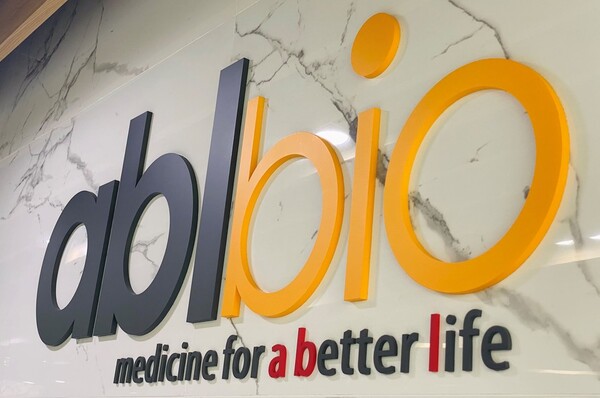ABL Bio said Thursday it signed a non-exclusive license agreement to use Synaffix's antibody-drug conjugate (ADC) platform technology to develop up to three ADCs using its antibodies.

The agreement includes an upfront payment, tiered milestones, and royalties in exchange for non-exclusive rights. Still, the amount has not been disclosed due to a confidentiality agreement signed by both parties.
Synaffix is a Dutch drug developer with a site-specific conjugation technology that enhances tumor-specific responses. In particular, the platform utilizes a topoisomerase 1 inhibitor Exatecan linker-payload, which belongs to the same family as the payload applied to Enhertu, a HER2-targeted ADC treatment that has recently emerged as a blockbuster drug.
Previously, ADCs were limited in their early development due to the instability and payload toxicity of the linker technology that conjugates antibodies and drugs. However, after the success of Daiichi Sankyo and AstraZeneca's Enhertu, global pharmaceutical companies are rushing to acquire and develop third-generation ADC technologies.
However, existing ADC therapies and candidates are based on monoclonal antibodies. Accordingly, ABL Bio expects to capitalize on the partnership with Synaffix to create bispecific antibodies that generate higher efficacy and lower side effects.
The company has demonstrated excellent results in preliminary toxicity studies, including safety. It expects its first bispecific ADC to be ready for clinical application by 2025.
ABL Bio pointed out that although global pharmaceutical companies, such as AstraZeneca and Regeneron, are developing bispecific ADCs, they remain in the early phase 1 studies or pre-clinical studies. In contrast, ABL Bio said it plans to develop ADCs for new targets and different indications that are differentiated from the existing pipeline.

